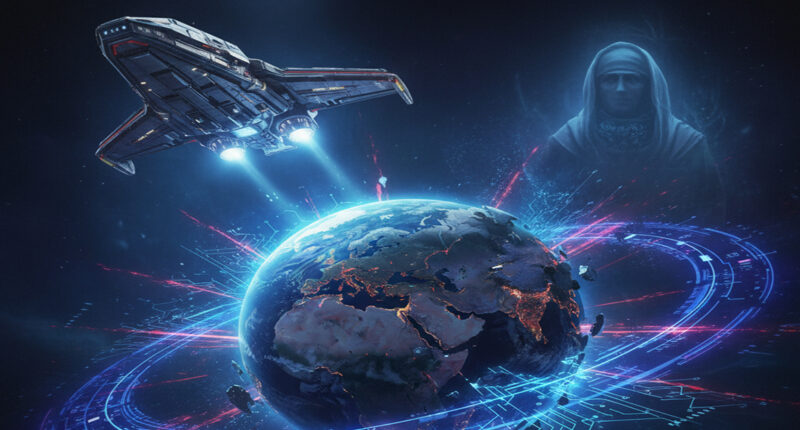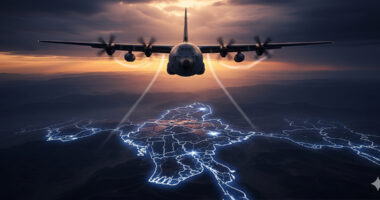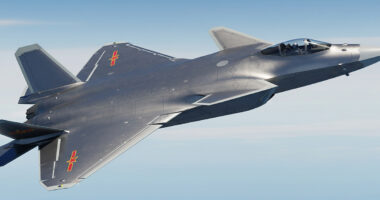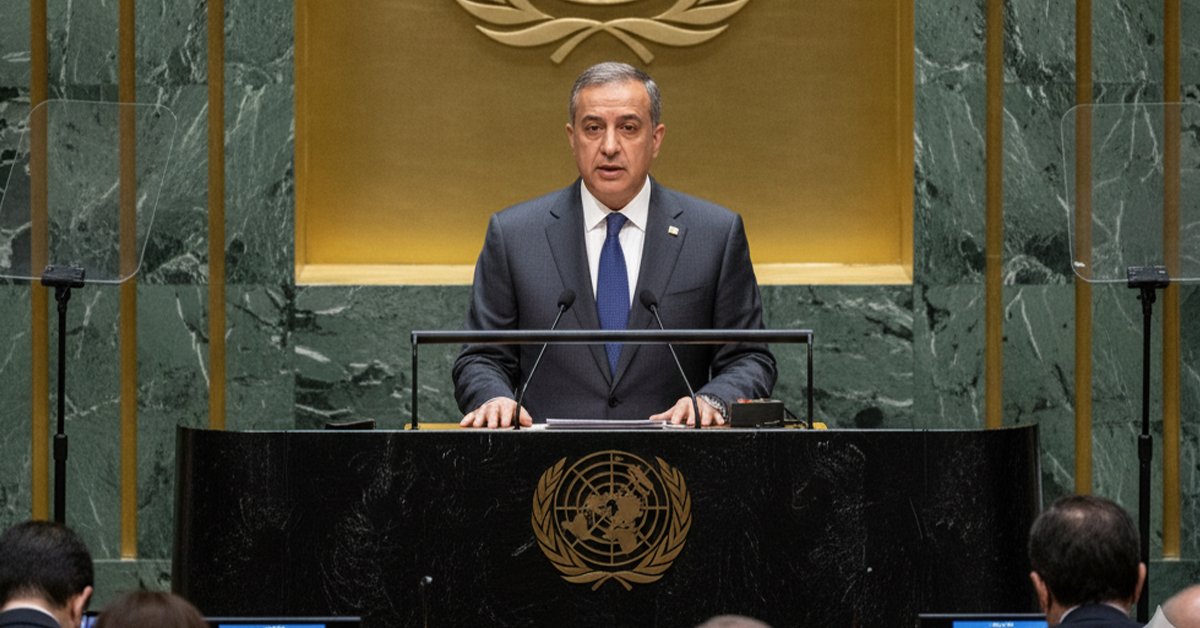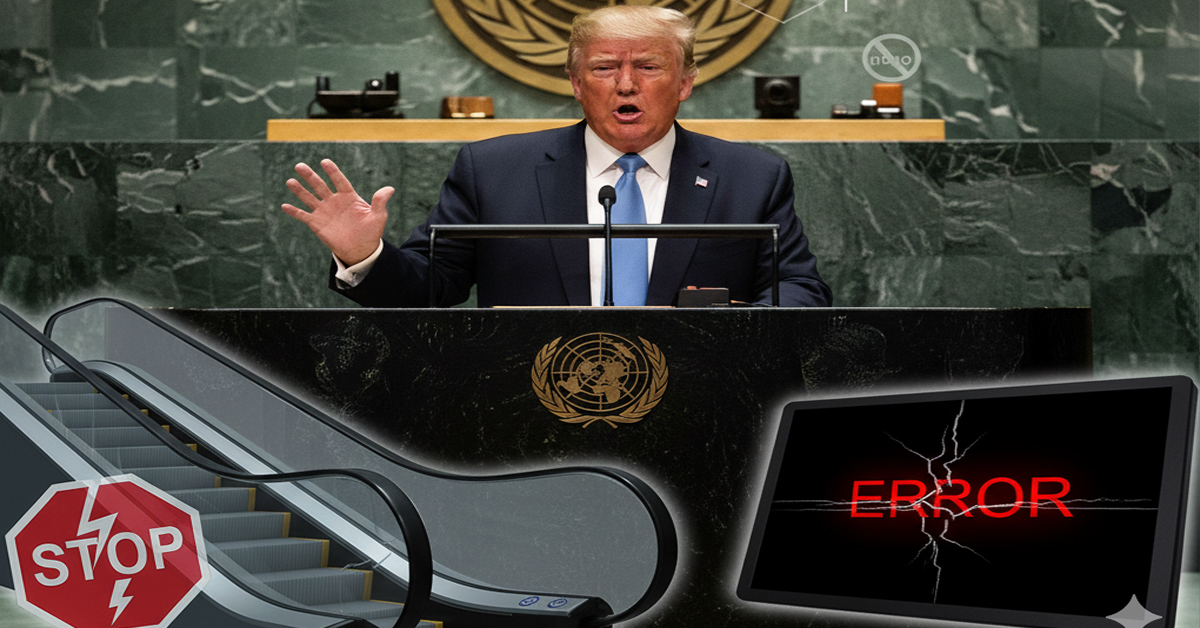Introduction: The Seer from the Balkans
Baba Vanga, born Vangeliya Pandeva Gushterova, was a Bulgarian mystic and clairvoyant who, despite losing her sight at a young age, gained worldwide renown for her astonishing predictions. Often referred to as the “Nostradamus of the Balkans,” her prophecies spanned centuries, touching upon major global events, natural disasters, and technological advancements. While many of her predictions have been subject to debate and interpretation, the sheer number of those that seemingly came true has cemented her legendary status. As we approach the mid-2020s, some of her most striking pronouncements for 2026 and the years immediately following are now garnering significant attention, painting a vivid, if sometimes unsettling, picture of the future.
The Looming Specter of a Third World War
Among Baba Vanga’s most significant and concerning prophecies for 2026 is the onset of a Third World War. Her vision describes a conflict that would originate in the “eastern part of the world” before gradually escalating and spreading to the “west.” This particular prediction resonates deeply with current geopolitical tensions, as various flashpoints around the globe often involve East-West dynamics.
Interpreting such a prophecy is complex. “East” could refer to a multitude of regions – from the Middle East to Asia – each with its own intricate web of political, economic, and historical grievances. Similarly, the “west” might signify Europe, North America, or Western alliances. The vagueness inherent in prophetic language allows for broad interpretation, leading to both anxiety and speculation.
What kind of war did she envision? Given the technological advancements she also predicted, it’s unlikely to be a conventional war in the historical sense. Could it involve cyber warfare, economic sanctions escalating to armed conflict, or even the deployment of advanced weaponry? The idea of a global conflict, especially one beginning in the East and expanding West, forces us to consider the fragile balance of international relations and the potential catalysts that could ignite such a devastating event. Whether this prophecy is a literal foretelling or a symbolic warning about increasing global instability remains a crucial question.
The Dawn of Extraterrestrial Contact: November 2026
Perhaps one of Baba Vanga’s most sensational predictions for 2026 is the unequivocal assertion of first official contact with extraterrestrial life. Specifically, she prophesied that “a large spacecraft would land on Earth in November 2026,” initiating direct communication between humans and aliens.
For decades, the search for extraterrestrial intelligence (SETI) has captivated scientists and the public alike. The idea of alien visitation has been a cornerstone of science fiction and a subject of intense speculation. Baba Vanga’s prophecy, however, goes beyond mere speculation, pinpointing a specific month and year for this monumental event.
What would such an encounter entail? Would these visitors be benevolent, bringing advanced knowledge and solutions to Earth’s problems, or would their intentions be more ambiguous, perhaps even hostile? The sheer implications of such an event – the re-evaluation of human history, philosophy, religion, and our place in the cosmos – are staggering. If this prophecy were to materialize, it would undoubtedly be the single most transformative event in recorded human history, forever altering our understanding of ourselves and the universe. The anticipation surrounding November 2026 for those who believe in Vanga’s visions will be palpable.
The Rise of AI and Human Control
Beyond wars and aliens, Baba Vanga also foresaw a profound shift in humanity’s relationship with technology, particularly concerning Artificial Intelligence (AI). She predicted the “rise of Artificial Intelligence (AI)” and, more disturbingly, that it would reach a stage where it would “begin to control humans.”
This prophecy is perhaps the most prescient and unsettling in the context of our current technological trajectory. AI is no longer a futuristic concept but an integral part of our daily lives, from recommendation algorithms and smart assistants to autonomous vehicles and advanced robotics. The rapid advancements in machine learning, neural networks, and generative AI have opened up possibilities that were once confined to science fiction.
The concern articulated by Vanga – that AI would begin to control humans – echoes the warnings of contemporary thinkers like Elon Musk and Yuval Noah Harari. This control might not be a dramatic, Skynet-like takeover, but a more subtle, pervasive influence. It could manifest as AI dictating our choices through sophisticated persuasion, optimizing our lives to its own parameters, or even making critical decisions on our behalf in areas like governance, economy, and healthcare. The ethical implications of ever-more powerful AI, and the question of maintaining human agency in an AI-dominated world, are becoming increasingly pressing. Vanga’s vision serves as a stark reminder of the potential double-edged sword of technological progress.
Interpreting the Prophecies: Faith vs. Skepticism
As with all prophecies, Baba Vanga’s visions for 2026 and beyond are met with a spectrum of responses, ranging from devout belief to outright skepticism. Believers often point to her uncanny accuracy regarding past events, such as the 9/11 attacks, the Chernobyl disaster, and the rise of ISIS, as evidence of her genuine clairvoyance. They argue that her predictions offer invaluable insights into potential future challenges, allowing humanity to prepare or even alter its course.
Skeptics, however, emphasize the vague nature of many prophecies, arguing that they can be retroactively fitted to various events. They highlight the countless predictions that either failed to materialize or were never specific enough to be definitively proven. Furthermore, the human tendency to seek patterns and meaning, even in random events, can lead to confirmation bias when interpreting such pronouncements.
Regardless of one’s personal stance, Baba Vanga’s prophecies serve as powerful cultural narratives. They tap into deep-seated human anxieties about war, our place in the universe, and the accelerating pace of technological change. They provoke reflection on our collective future and challenge us to consider the implications of our actions and innovations.
Conclusion: A Glimpse into Tomorrow
Baba Vanga’s prophecies for 2026 paint a dramatic and transformative picture of the future. A global conflict originating in the East and spreading West, a groundbreaking encounter with extraterrestrial intelligence, and the escalating control of AI over human lives are all visions that demand our attention. While the literal fulfillment of these predictions remains to be seen, they undeniably prompt us to engage with crucial global challenges and philosophical questions. Whether viewed as an exact roadmap or a metaphorical warning, Baba Vanga’s legacy continues to spark debate, wonder, and a profound contemplation of what lies ahead for humanity.
